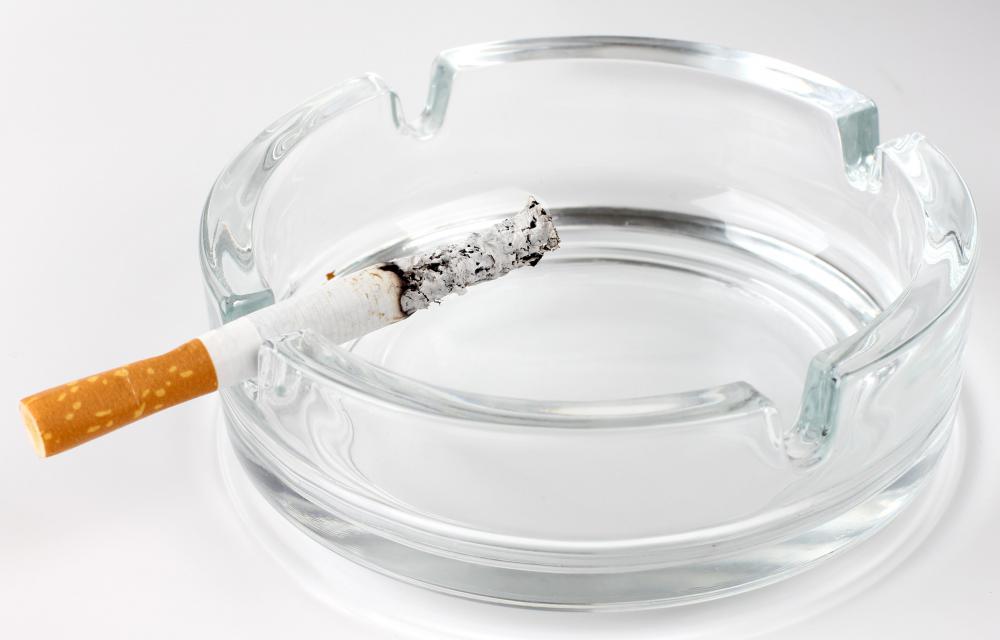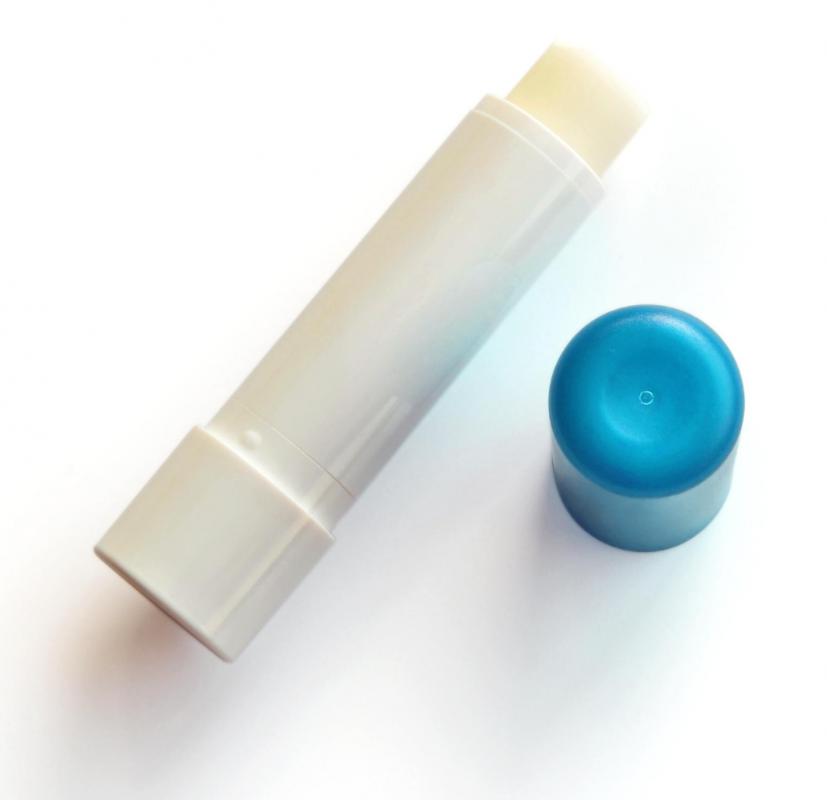At TheHealthBoard, we're committed to delivering accurate, trustworthy information. Our expert-authored content is rigorously fact-checked and sourced from credible authorities. Discover how we uphold the highest standards in providing you with reliable knowledge.
What are the Different Types of Oral Disease?
Proper and effective care of the mouth is extremely critical to a person's appearance and overall health. Untreated oral disease can lead to loss of teeth and damage to the gums. Many doctors and experts also believe there could be a link between oral disease and heart disease, stroke, diabetes, premature births and low birth weight.
Oral diseases are generally grouped into one of three main categories. The first category involves diseases of the teeth such as tooth decay and the formation of cavities. Tooth decay generally occurs when plaque is allowed to remain on the surface of a tooth for an extended period of time. Plaque is a sticky substance that is naturally formed in the mouth and contains bacteria which feed on the sugars that are present in foods and drinks. The bacteria produce an acidic waste product that can penetrate through the surface of the tooth, eventually leading to the formation of cavities.

The second category of oral disease consists of diseases of the gum. The first stage of gum disease is known as gingivitis. As with tooth decay and cavities, gingivitis is caused by bacteria in plaque that damage the gums by creating acid. Some of the signs and symptoms of gingivitis are swollen or puffy gums, bleeding when brushing or flossing, and persistent bad breath. Gingivitis is a reversible condition that can be treated with proper oral hygiene and professional care.

If left untreated, gingivitis can progress to a serious type of oral disease known as periodontal disease. Periodontal disease can lead to a weakening of the support system that holds the teeth in place and the erosion of the gum line surrounding the teeth. Over time, periodontal disease can even cause loss of the teeth. While gingivitis is reversible, the damage caused by periodontal disease is permanent and is not reversible.

Both tooth decay and gum disease can be prevented with proper oral hygiene and through regular dental checkups and treatments. Regular dental care is important, because the initial signs of oral disease are not always obvious with the untrained eye. Most dentists recommend that people brush at least twice a day — once in the morning and once at night — and floss at least once a day. Many dentists also recommend rinsing with a mouthwash or plain water after every meal.

The third category of oral disease consists of oral cancers. Oral cancer may affect any part of the mouth and throat such as the lips, larynx, gums, cheeks and tongue. Signs and symptoms of oral cancer may include bleeding, a sore that doesn’t heal over time, white or red patches in the mouth, sore throat, and a lump or thickening in the neck. Anyone with any of the above symptoms that last for a couple of weeks should consult with a health care professional immediately.

While anyone can develop oral cancer, a major contributing cause of oral cancer is linked to the use of tobacco products such as cigarettes, cigars, pipes, and smokeless tobacco as well as alcohol consumption. Sun exposure may also contribute to oral cancers of the lip. People may be able to reduce their risk of developing oral cancers by stopping the use of tobacco products and limiting alcohol consumption. The daily use of a lip balm with a sun protective factor (SPF) of at least 15 may also help prevent the development of oral cancers of the lip.
AS FEATURED ON:
AS FEATURED ON:



















Discuss this Article
Post your comments